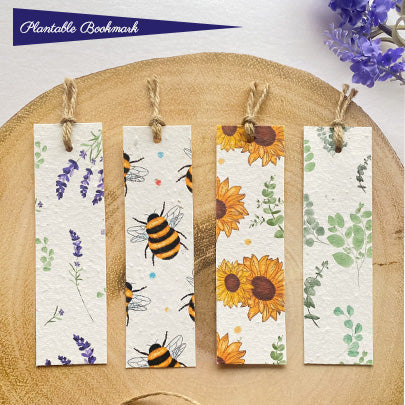The Rise Of Eco-Conscious Writing: Exploring Sustainable Stationery Options
Let's delve into the growing trend of eco-conscious writing and the emergence of sustainable stationery options that cater to environmentally conscious consumers. Here's a comprehensive exploration of sustainable stationery choices:
-
Introduction to Eco-Conscious Writing: We'll begin by discussing the increasing awareness among consumers about the environmental impact of traditional stationery products and the rising demand for sustainable alternatives.
-
Environmental Impact of Traditional Stationery: Explore the ecological footprint of conventional stationery items, including paper production, ink manufacturing, packaging materials and disposal practices, highlighting the need for more sustainable solutions.

-
Key Characteristics of Sustainable Stationery: Discuss the defining features of sustainable stationery, such as eco-friendly materials, responsible sourcing, ethical production methods and minimal environmental impact throughout the product lifecycle.

-
Recycled Paper Products: Highlight the benefits of using recycled paper products, including notebooks, journals, notepads and printer paper, which are made from post-consumer waste and help reduce the demand for virgin wood pulp.
-
Tree-Free Alternatives: Explore innovative alternatives to traditional wood-based paper, such as plantable paper made up of recycled paper with embedded seeds in it, which offer sustainable options with less or no environmental footprints.
-
Plant-Based Inks: Discuss the importance of using eco-friendly inks made from plant-based or soy-based ingredients, which are free from harmful chemicals and reduce the environmental impact of printing and writing activities.

-
Bio-degradable Writing Instruments: Plantable notebook, pencil and pen, made with 100% organic materials are eco-friendly. These bio-degradable creations offer a guilt-free writing experience.

-
Compostable and Biodegradable Packaging: Showcase stationery products packaged in compostable or biodegradable materials, such as recycled paper, cardboard, or PLA (polylactic acid) bioplastics, which decompose naturally and reduce landfill waste.
-
Ethical and Transparent Brands: Feature ethical stationery brands that prioritize sustainability, transparency and social responsibility in their sourcing, manufacturing and business practices, empowering consumers to make informed purchasing decisions.

-
DIY and Upcycled Stationery: Inspire creativity with DIY stationery projects using recycled materials or upcycled items, encouraging consumers to repurpose old paper, cardboard, fabric and other materials into unique and personalized stationery items.
-
Consumer Education and Advocacy: Emphasize the importance of consumer education and advocacy in driving positive change in the stationery industry, encouraging individuals to make eco-conscious choices and support sustainable initiatives.
By exploring these sustainable stationery options, consumers can embrace eco-conscious writing practices and contribute to a healthier planet while expressing their creativity and style through stationery.












































































